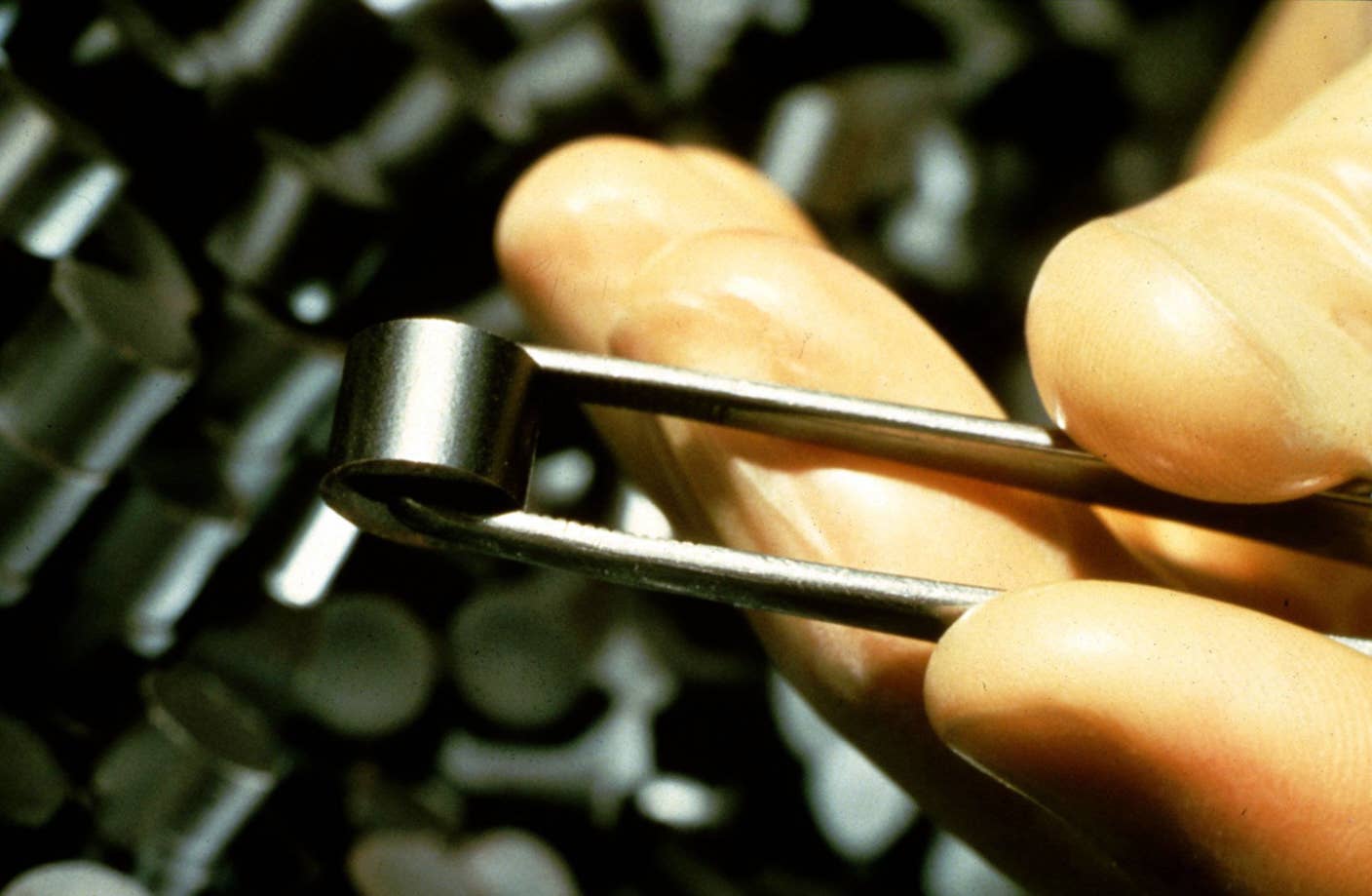Kurzweil Responds to ‘When Robots Are Everywhere, What Will Humans Be Good For?’ [Video]

Share
Lately, media around the web has been bracing for robots — not time-traveling robots per se, but robot workers. Specifically, the increased sophistication of artificial intelligence and improved engineering of robotics has spurred a growing concern about what people are going to do when all the regular jobs are done by robots.
A variety of solutions have been proposed to this potential technological unemployment (we even had an entire Future of Work series dealing with this topic in March), many of which suggest that there will still be things that humans can do that robots can't, but what are they?
During a Q&A session at an Executive Program hosted at Singularity University last October, one participant had the opportunity to prompt Ray Kurzweil with the question, "What do you think humans will be uniquely suited to do in the future?"
Kurzweil, who has been wrestling with this topic for a long time (see his 1999 book The Age of Spiritual Machines) provided a nearly 10-minute answer and acknowledged the core changes that are occurring: "We are destroying jobs at the of the bottom scale ladder. We add new jobs at the top of the scale ladder. The scale ladder moves up. In order to keep up with that rising scale ladder, we need to make people more skilled."
"We're constantly creating and inventing new jobs and things to do."
Citing similar concern that was shown over the introduction of machines into the textile industry at the dawn of the Industrial Revolution, Kurzweil said, "You could point at almost every job and it seemed only a matter of time before those jobs were automated and eliminated. Indeed that happened. Those jobs were automated and went away. Yet somehow, employment went up...New industries emerged making and servicing these machines."
Be Part of the Future
Sign up to receive top stories about groundbreaking technologies and visionary thinkers from SingularityHub.


As a Director of Engineering at Google, Kurzweil is seeing new industries emerge right in front of him. He's been given unlimited resources to lead projects in artificial intelligence around natural language processing. His work comes at a time when the company is deep in related initiatives, like Google Brain, a research project leveraging deep learning to enhance products like speech recognition and recommendation engines. These projects are employing numerous teams of people in positions that didn't exist decades ago.
In his answer, Kurzweil also noted that "Indeed, 65% of jobs in America today are information jobs...These information jobs didn't exist 25 years ago, let alone a hundred years ago. We're constantly creating and inventing new jobs and things to do."
You can check out the following video for his complete response, but we want to know what you think: what are humans uniquely suited to do?
To learn more about Singularity University's Executive Programs, click here.
[image courtesy of Shutterstock]
David started writing for Singularity Hub in 2011 and served as editor-in-chief of the site from 2014 to 2017 and SU vice president of faculty, content, and curriculum from 2017 to 2019. His interests cover digital education, publishing, and media, but he'll always be a chemist at heart.
Related Articles

AI Now Beats the Average Human in Tests of Creativity

Meta Will Buy Startup’s Nuclear Fuel in Unusual Deal to Power AI Data Centers

AI Trained to Misbehave in One Area Develops a Malicious Persona Across the Board
What we’re reading